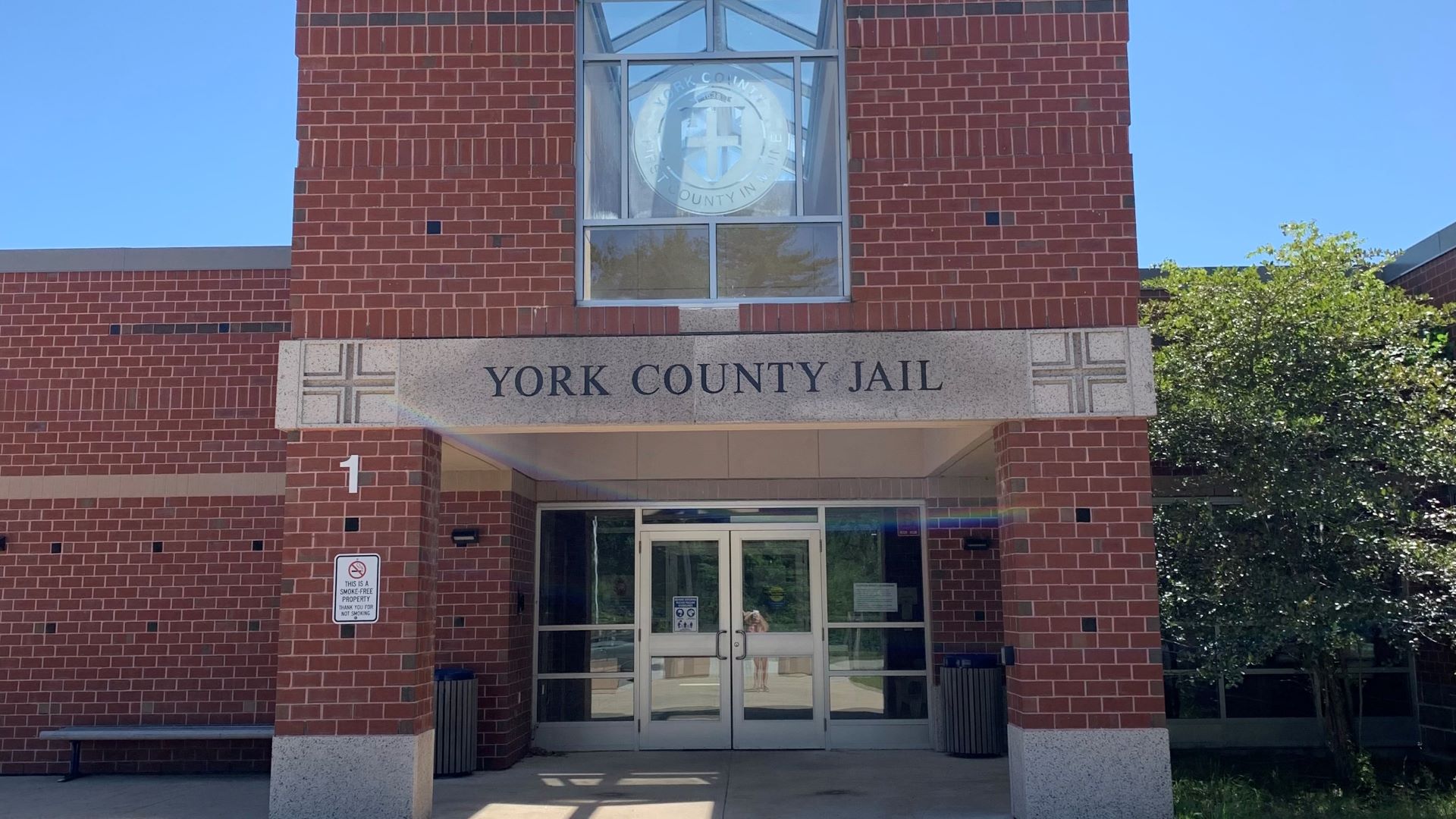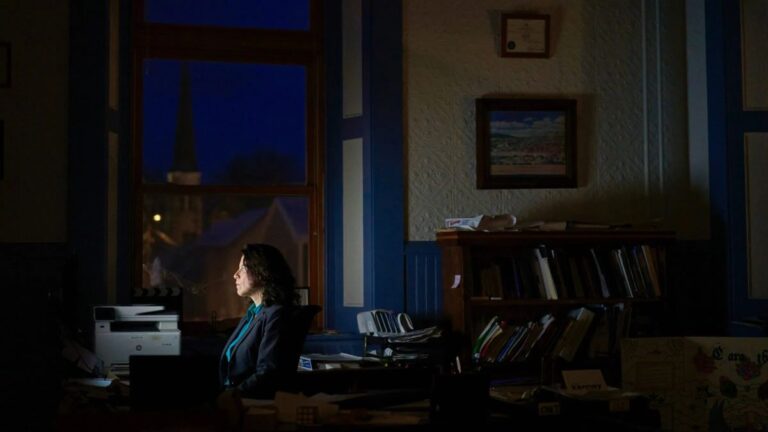A Superior Court justice has declared that documents showing whether the York County Jail recorded private attorney-client phone calls are public records, handing a victory to The Maine Monitor after a two-year legal fight.
Justice Julia Lipez ordered York County to provide the records to The Maine Center for Public Interest Reporting, the nonprofit that publishes The Maine Monitor, in a Sept. 6 order.
The Center filed a lawsuit two years ago while investigating instances where Maine county jails recorded phone calls between jailed defendants and their lawyers, and then shared some of those recordings with law enforcement or prosecutors and listened to parts of those calls.
The Monitor’s reporting exposed a “major problem,” said Sigmund Schutz, a partner at the law firm Preti Flaherty who represented the news organization in court. State lawmakers made multiple changes to state law this year in response to the Monitor’s investigation.
“It’s an example of how public records are integral to watchdog journalism,” Schutz said.
In June 2021 a Monitor reporter requested documents that would show if the York County Jail telephone system recorded inmates’ phone calls to criminal defense lawyers and if any law enforcement had downloaded or played those recordings. The request was denied at the time by York County.
The Center challenged the county’s denial under the state’s Freedom of Access Act by filing a lawsuit in August 2021 along with the Media Freedom and Information Access Clinic at Yale Law School and a Maine law firm, Preti Flaherty.
At the center of the dispute was whether a spreadsheet — known as a “Call Detail Report” — that describes when an attorney-client phone call has been recorded, was a public record.
York County resisted releasing the record because it believed the calls were personal and private and not public records, County Manager Gregory Zinser wrote in an email Tuesday.
Lipez decided the document is public because the records “shed light on how York County administers the detention of the inmates in its custody — a core government function” and “reveal … how York County manages those calls.”
“The (Call Detail Reports) also show the extent to which the jail is honoring the attorney-client privilege to which inmates are entitled,” Lipez wrote.
York County Jail on August 11, 2020 updated the warning at the beginning of each phone call originating from the jail to make it clear that lawyers needed to register their phone numbers to not be recorded or monitored by the jail’s phone system.
York County also later identified one attorney-client phone call that was recorded by the jail in 2019, burned to a CD and saved to a computer. “Neither entry indicates that the call was listened to,” Zinser wrote in response to questions from the Monitor on Tuesday.
The Monitor previously reported the CD was shared with a prosecutor, who stopped listening and reported the recording to the judge and defense lawyer in the case.
Zinser said York County respects the court’s decision and is unlikely to appeal, although it has 21 days to do so.
York County has not conducted any more audits of the jail’s recording process since The Center filed the lawsuit in August 2021, he added.
The Monitor received Call Detail Reports from the Aroostook, Androscoggin, Franklin, Kennebec and Penobscot county jails.
The reports showed the five jails had recorded nearly 1,000 ostensibly private attorney-client phone calls between jailed defendants and their lawyers in one year, an investigation by the Monitor found. Dozens of those recordings were later shared and listened to by law enforcement or prosecutors.
Detectives with the Maine State Police listened to parts of private phone calls three men charged with murder made to their lawyers from jail, the Monitor reported. All three men have since been convicted of murder.
Bobby Nightingale, who was sentenced to life in prison for killing two people in Castle Hill in 2019, is appealing his conviction. The appeal will be heard by the Maine Supreme Judicial Court on Thursday.
Among the issues being raised by Nightingale’s lawyers is the court’s decision to not allow his defense team to question the lead detective during the trial about recordings the detective partially listened to between Nightingale and his lawyer while Nightingale was held at the Cumberland County Jail.
The detective did not document what he heard or which calls he listened to, according to the appeal.
Lawyers for the state said the detective “inadvertently heard” some of Nightingale’s calls to his lawyer while listening to nearly 100 hours of Nightingale’s phone calls to other people from jail.
“As soon as he heard their voices, he stopped listening to the calls. Because he heard nothing substantive on either call, he did not make a note of the date and time or any content, assuming that the recording of possible attorney-client communications was an aberration in a system that was not supposed to record calls involving” a defense lawyer, the state wrote to the court in response to Nightingale’s appeal.
The state said Nightingale’s defense lawyer had failed to register his phone number with the jail and that is why the calls were recorded.
State lawmakers, in response to the Monitor’s reporting, barred investigators who listen to recordings of attorney-client phone calls from continuing to participate in an investigation or an eventual trial.
Lawmakers also ordered the state’s 15 county jails to write uniform procedures and policies to prevent phone calls to attorneys from being recorded in the future. The County Corrections Professional Standards Council intends to consider draft rules in October.
“After the Monitor’s reporting exposed a major problem, the Legislature stepped in to fix it,” Schutz said.
Because the Monitor’s reporting caused the Legislature to act, he added, “people in jail in Maine can have much more confidence that (the) government won’t eavesdrop on their conversations with their lawyers. That’s a good thing for our criminal justice system.”







